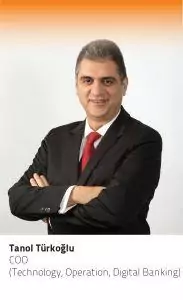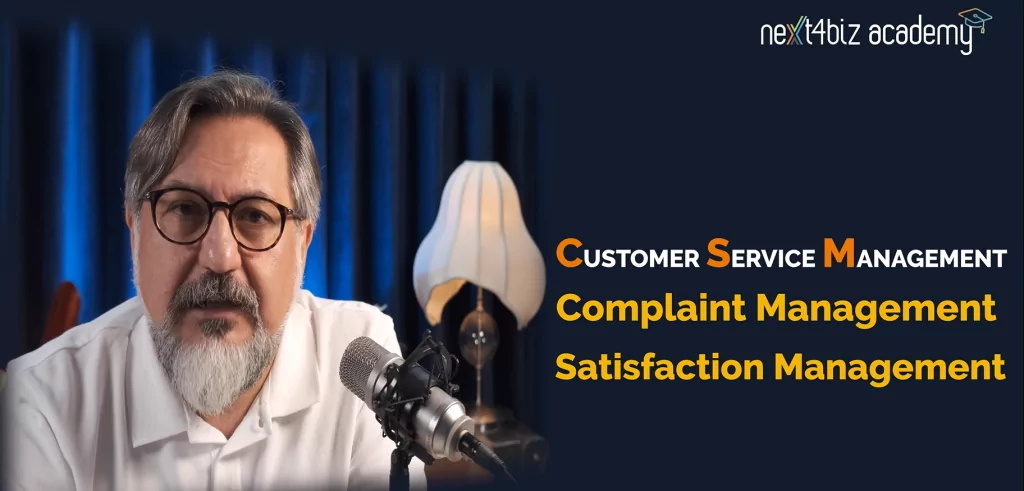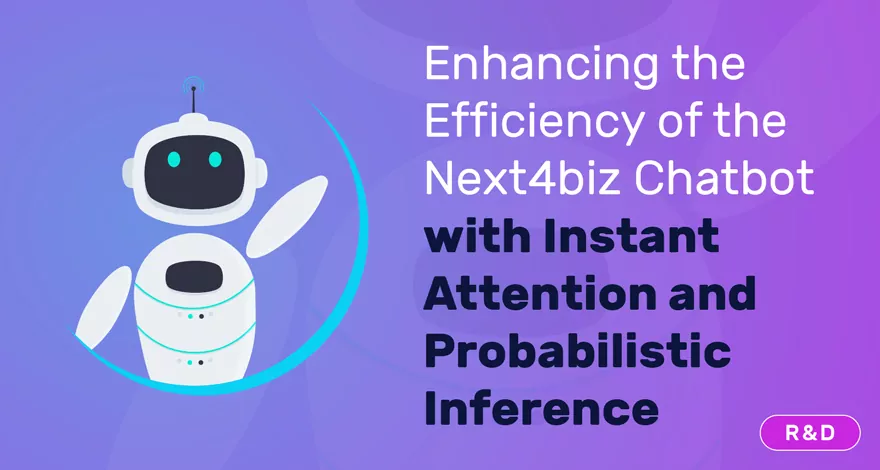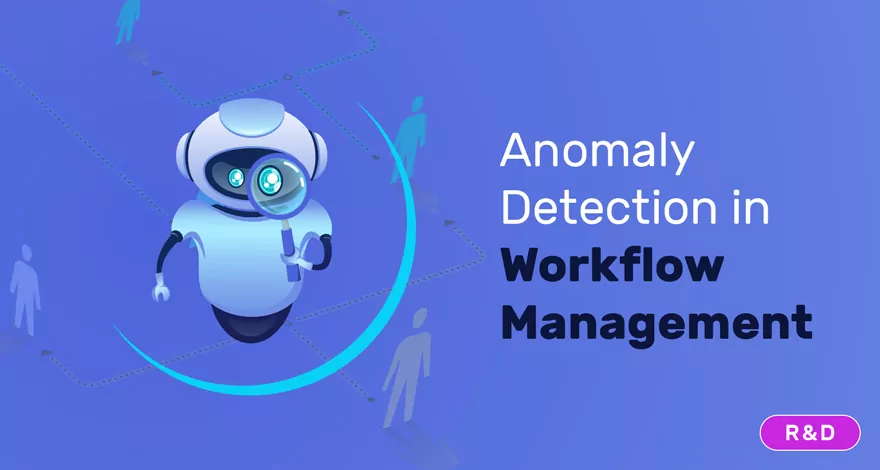Demo

Turkoglu, who is also a columnist at the Science Technical Magazine of the daily Cumhuriyet, has published four books. His blogs are followed by thousands of people. He is also famous for his Spotify music lists. The topics of our conversation:
- The trio of Bank, People and Technology. Where does the customer stand?
- How to strike a balance between IT and other operational departments?
- What a IT department of a bank is supposed to do? What should it develop, and when should I start looking for external solutions?
- Why did he choose to get next4biz for the two banks he was managing?
- Is the Internet of Things an innocent future?
- Social media – Social life Is modernity clashing with the tradition?
- Are you a digital native or digital immigrant
1- You have been working in top managerial jobs in the banking sector for long years now. Following your time with Yapi Kredi, İktisat, Sekerbank and Alternatif Bank, managing technology and operations. What do you think about the trio of Bank – Technology – People? Is there such a trio?
 Yes, there is such a trio. The interesting thing is that the relations among these parties are being transformed thanks to the developments in the market dynamics and technology. Let’s focus on the banking technologies. At the beginning, actions of customers or bank employees were being adopted to the technologies available in the banking sector. For instance, you open a deposit account and make inquiries about interest payments as a credit card holder after receiving a campaign letter but you also run the risk of annoying your bank which doesn’t know that you have such an account. This has a simple explanation: The credit card system and deposit accounts run on separate software and there is no coordination among them and they are placed as if they are two different banks.
Yes, there is such a trio. The interesting thing is that the relations among these parties are being transformed thanks to the developments in the market dynamics and technology. Let’s focus on the banking technologies. At the beginning, actions of customers or bank employees were being adopted to the technologies available in the banking sector. For instance, you open a deposit account and make inquiries about interest payments as a credit card holder after receiving a campaign letter but you also run the risk of annoying your bank which doesn’t know that you have such an account. This has a simple explanation: The credit card system and deposit accounts run on separate software and there is no coordination among them and they are placed as if they are two different banks.
Then came the second stage. Banks declared that “It is unfair to our customers, because we treat them as if we don’t know them. What should we do? Let’s position at the center the customers, not the systems. Here you are! Customer oriented banking. That is to say that a customer data base will be located at the center of the system which will include all the information about the customers whereas the other systems such as credit card system and deposit systems etc., will be fed by this main body. Many years were spent in the 90s and 2000s to transform the infrastructures to this end.
With the coming of Internet we are going through the third stage. We take it for granted that the people we are dealing with are not ‘customers” but ‘human being’. We realized that we are dealing with humans after going through a process which started by development of software and hardware. A great amount of data brought this development about. Banks are capable of reaching a great amount of information about the lives of their customers thanks to the large storages of data. For instance: If a bank manage to connect its customer to its social media account it can have an access to all of their social media activities. That is to say that the bank can find out when a family member of their customer died and pass this information to the relevant departments or its staff members at a branch. And then the bank employee could get in touch with the customer to share the customer’s grief. Of course all these efforts may become meaningless if the ‘frankness’ of this act was not made felt by the employee.
In its totality, one needs to remember, the number of bank employees has not dropped, but in fact, increased and the developments require the involvement of the work force in processes where critical decision making is needed. Banking sector is a pioneering sector not only in Turkey, but all across the world. As a result of this, other sectors may also have to go through the same processes the banking sector has already gone. People who think that this process will not apply to their sector they operate, will inevitably, in few years time, find out that this applies to them as well. So this to say that having a young work force will not be sufficient and that this work force needs to be trained to acquire the necessary skill sets that is in line with the zeitgeist.
2 – We as Next4biz Information Technologies has carried out many projects with you. You chose to use our products, their usage is continuing with success. We want to pose a frank question to you: Why have you chosen to buy products in relation to customer relations and process management even though you employ a great number of people in the fields of IT and software development in your bank?
The most popular subject, within the banking sector, in 90s about the ‘Year-2000’ problem, was about re-designing of the processes. (as mentioned above: placing the customers at the center of its activities to end the hegemonic superiority of the systems themselves.) My experience during those years taught me this simple lesson: An institution can carry out each of the none-strategic processes using an external source. If we pose a question such as ‘what are the most strategic processes in a bank’; one has to admit that, software development will not fall into this category. Because banks are not there for software development. As Marc Andreessen, who is known for his strategic investments, says ‘Every company is a software company’ because a company can not survive without using a software.
In the 80s and 90s banking technologies were presented as, partly due to the advertisement strategies of those days, factors providing the banks with strategic advantages. In fact banks were generating revenues not because of the technologies they were using but of their activity to finance the government whereas they used to spend some of this money to buy technological tools. There were cases when the banks made technological investments. We can still detect the implications of those investments in three different areas: ATMs, POSs and the main body of software used for banking.
For example we only need to go to a shopping mall to see that the total of the transactions made there will be equal to the total of daily transactions of three separate ATM machines
Nowadays technology is the minimal requirement for banking but not an element that provides a company with a competitive edge. So, instead of developing internally the infrastructural and niche tools, its more advantageous to buy these tools, say a tool in the field of customer complaints management, externally. It becomes even more valid considering that this is a local company who panders to our whims.
We considered next4biz as the masters in the field of complaints management. One can list the benefits of using systems as follows:
- Interface and workflows can be designed by departments other than the IT. The work load of IT is lessened.
It is integrated to the banking systems: We can use all the information available to us in our system via the complaint management. We don’t need to jump from one screen to another.
We can design and integrate several hundreds of processes within a single platform. - In fact, one has to admit that, Next4biz strongly grasped the difference between a product and a project development. We would have missed next4biz as a bank because a team consisting of 40 people are busy about asking the question of ‘What can I do more?’ In fact the IT department of any bank has to have other higher -priority activities in a variety of areas.
- If the IT and the members of the teams from other branches are still engaged in a ‘Are we on the same ship?’ kind of discussion, then there is a problem. It is not correct the pose a question such as ‘Can I do the required task, or not’; the right question is as follows: ‘Can I do it while fulfilling the criteria in terms of time and resources.?’ Because the IT department needs to fulfill that requirement fully while the work branch has to do it in time, both to be regarded as successful.
In today’s world an IT manager who considers a request should formulate the relevant question like ‘Can I do it externally’ but not like ‘Can I do it internally?’ Therefore, instead of saying ‘I will do the things externally if I can not do them internally’, they should formulate the sentence as follows ‘I will do the things internally if I can not do them externally.’
The reason why an IT department may prefer using an internal source over an external source is related to the issue of efficiency. A mismanagement of an internal source can be hidden under the shadows of an institutional structure. Whereas the usage of an external source may cost much more under the same type of mismanagement. The IT management may want to mislead the bank management by pointing out not to the inefficient management but the higher costs of the source.
3- You used to write weekly columns that we followed for the Science Technical Magazine of the daily Cumhuriyet before its publishing life came to an end. You have three books published, and you are a blogger writing on a variety of issues such as technology, philosophy and current affairs. You even contribute to a website about food and cooking. You also love the music and I should say that I am a fan of your lists on Spotify. Mr. Tanol, are you not sleeping at all during the nights?
On the other hand you may want to ask a question like ‘If time management can be done so easily why on earth there are companies earning handsome sums teaching this method?’ Then comes in to the picture the fact of ‘knowing oneself’. A person will always find and create time to plan and execute the tasks that they enjoy. In some ways it is like this: In our country, people, when asked why they are not reading books, come up with excuses like they don’t have the financial means. But the same people will not hesitate to spend money to buy four or five packs of cigarettes a month. That is to say that if they really have liked books as much as smoking, they would certainly find a way to acquire it. But if this kind of love or the feeling of neediness do not exist, then it is easy to come up with excuses.
4 – Mr. Tanol, let’s embark together on a journey into the worlds of secrets and mysteries. What kind of future is expecting us? Where is the world of IT heading? Should we be afraid of an artificial intelligence that created a world chess champion? Is the social media safe?
Technology is transforming the objects enabling them to take decisions without the involvement of human beings. This called internet of things. Internet of things is not as innocent as it’s suggested. Another ‘class’ may appear, for the first time, around the globe which is capable of taking decisions in the physical world along with the human beings. The idea of owning a refrigerator which places an order at the local supermarket after registering that there are no eggs left in its shelves, sounds interesting. But would it, when the day comes, also have to gather information about your finances? Is it going to be in a positions to check the balance of your bank account? Will another object interfere to collect this information?
Unfortunately no body mentions these kinds of issues thinking that we don’t have time to deal with them as if we’re engaged in more important things. But this is a big deception. We don’t have time because we don’t pay attention to these aspects of the events because the reality that we rely upon is something like this: People will have to learn, one way or another, to cope with these kinds of difficulties to survive. Well, this is not good enough an explanation because this is the side effect of an understanding imposed by the industrial society, which orders us to produce more and more and constantly consume. We turn a blind eye to the difficulties of any given individual in the process of optimizing this understanding, i.e. to produce more, and to consume more.
Human beings may like to own objects that are more clever than themselves, but at the end of the day these things, namely artificial intelligence or social media, are just tools. It is not wise to blame the tool. Good results can be achieved If they are used properly. In today’s world social media is being criticized for turning its users into unsocial beings. I think this is a delusion about the paradigm. That is to say that the answer will differ depending on which paradigm you accept. For the generations that have socialized face to face, i.e. the digital immigrants this may act as an unsocializing factor. But for generations who lack such a heritage i.e. digital natives it is not an unsocializing element.
In short these phenomena. in my mind, should be seen as part of a natural development process. These give me hope in terms of finding ways to solve our social problems. Are the human beings going to be able to see these opportunities to reach a variety of practical and positive outcomes? We have to wait and see.
- Who is Tanol Türkoğlu ?: Born in 1967 in Istanbul. Graduated from the METU Computer Engineering. Worked for 25 years at the IT departments of several banks, namely Yapı Kredi Bankası, İktisat Bank and Şeberbank. Currently holds the position of COO, managing technology and operations at Alternatifbank. He wrote articles about digital culture, information society, Internet and technology for the Science Technical Magazine of the daily Cumhuriyet from 1998, until December 2015 when the magazine ended its publishing life. His column was named as ‘Ooof Off Line’. He teaches Digital Culture, Digital Marketing and Information Society at several universities.
- Books published: The Book of Internet (2001), Digital Culture (2010), Digital Cogitation (2013), Digital Culture in the Information Society (2013, school book)







